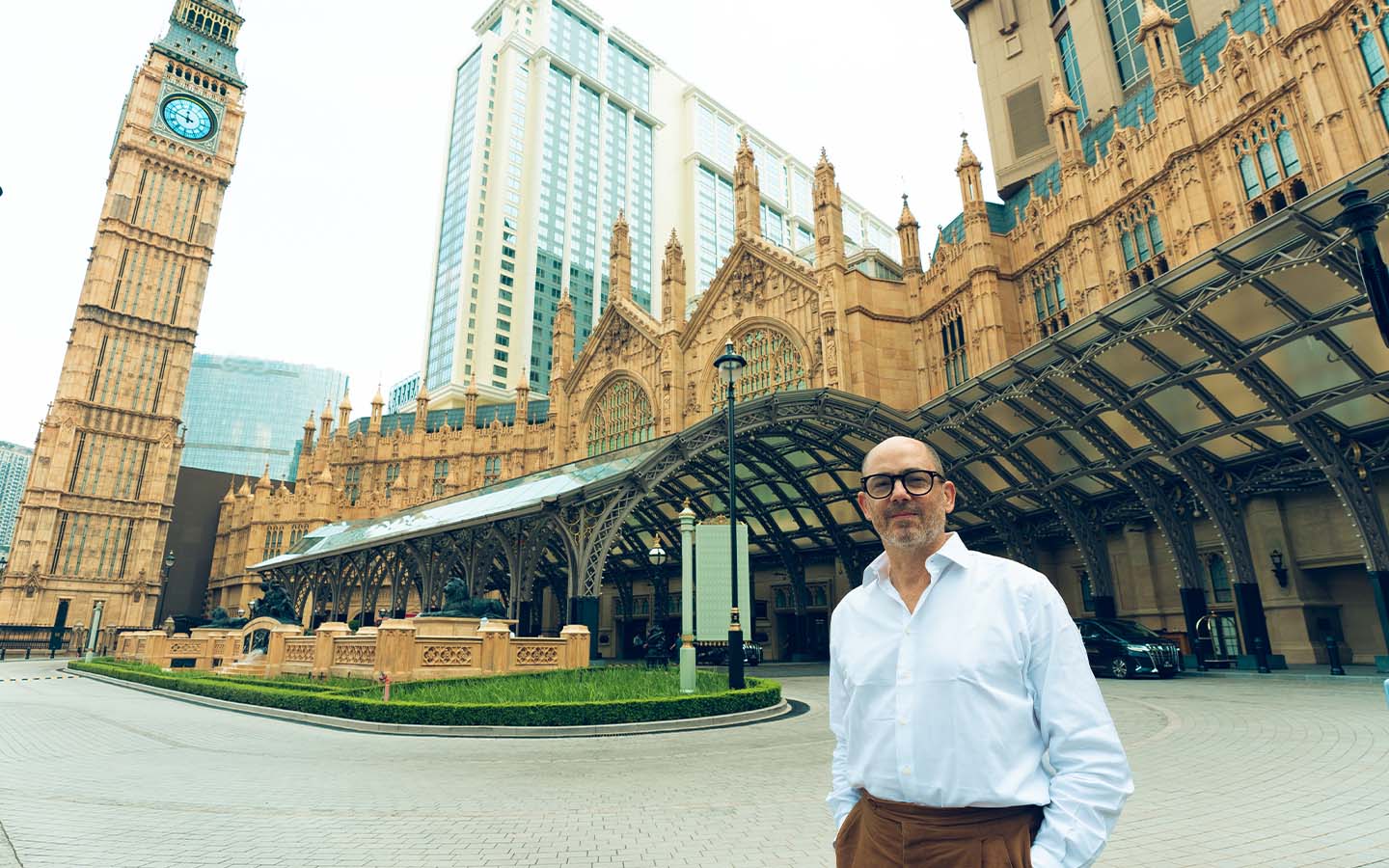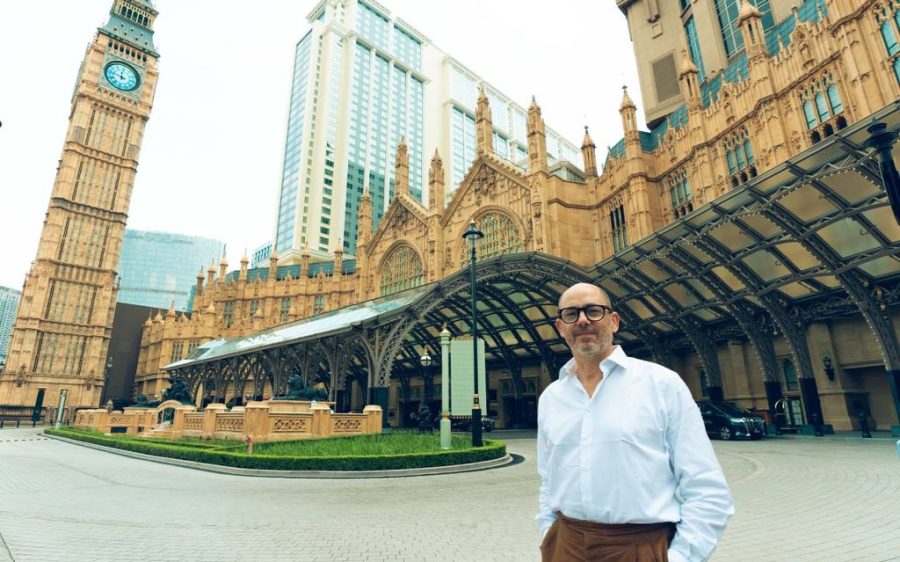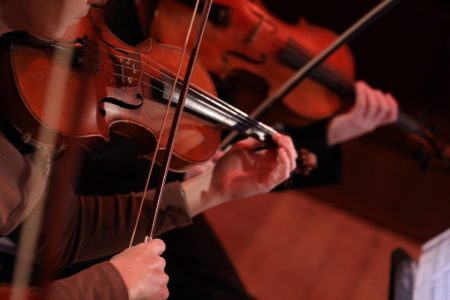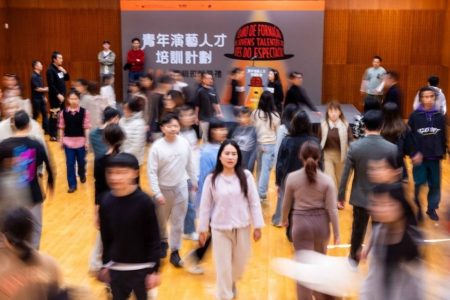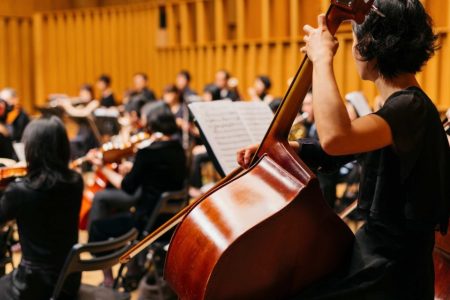Edward Berger is a filmmaker who is unafraid to take on challenges. At the height of the Covid-19 pandemic, the German director and his crew spent 55 days in Prague shooting the first German adaptation of the classic novel All Quiet on the Western Front. The film, which depicts the horrors faced by naive German recruits during World War I, would go on to cement the 54-year-old’s reputation, garnering seven BAFTAS and four Academy Awards – including the Oscar for Best International Feature.
Throughout a career of more than 20 years, Berger has experimented with various genres and filmmaking techniques on both the big and small screen. His television mini series Patrick Melrose (2018), for instance, is a decades-spanning tale that deals with a British aristocrat suffering from drug addiction, and a far cry from his later work Your Honour (2020) – a legal drama that explores questions of moral ambiguity.
[See more: What is The Ballad of a Small Player, the book that will be adapted into Netflix’s Macao movie?]
Berger is set to once again flex his cinematic muscles with The Ballad of a Small Player, a Netflix film that was shot on location in Macao’s casinos this summer. Based on the eponymous book by Lawrence Osborne, the movie stars Colin Farrell as Lord Doyle, a con man turned compulsive gambler who is hiding out in Macao, where he meets a kindred spirit who changes his life.
Principal photography for The Ballad of a Small Player ended recently, although viewers will likely have to wait some time before the film graces the silver screen. While details about the movie are still under wraps, Macao News had the opportunity to chat with Berger about his experience in Macao, as well as his cinematic influences.
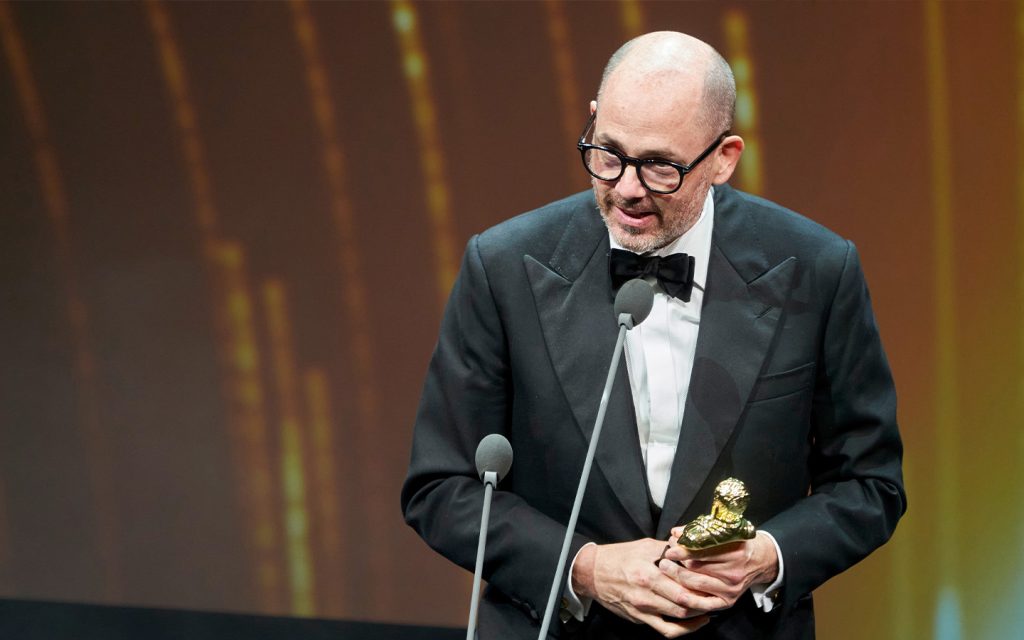
How would you describe yourself as a filmmaker?
I find it hard to describe myself as a filmmaker. I leave that to other people. What I will say is, I like great stories, I love movies and I always want to make something different to what I’ve done before. I want to make an adventure out of it. I like challenges and trying to overcome hurdles. I like growing from and changing from my films, and trying to become a better person through them. I never want to make a film that I know how to do, I want to start each movie with being absolutely terrified of it and then trying to tackle it while I make it.
How has your life changed since All Quiet on the Western Front gained recognition at the Oscars?
It hasn’t. I make a movie and then I am trying to bring that to the audience, and then I make the next one and that’s all that counts. As long as I can keep making movies I will be very grateful.
[See more: ‘The Ballad of a Small Player’ is just the latest Macao casino movie. Here are 10 more]
How many times have you visited Macao and what are your impressions of the city?
I have been here three times, two times on a scout last year and early this year, and I have now been here filming for almost four months. Macao is an incredibly visual, vibrant, lively city that has so many different aspects. It has the old Portuguese quarters, the old Macanese quarters, it has new Macao. It’s a very exotic, exuberant city that has so many different visual impressions.
Have you had a chance to play baccarat or any other table games in Macao?
I’m not a gambler, I’m a little bit afraid of gambling because I know I would just lose money! But I did get to sit through a lesson that the casinos put on for us, so I sat down and played some games, but not for money.
What has been your favourite experience in Macao so far?
I love going to Taipa. I love when places have a history and a tradition, and Taipa feels like that.
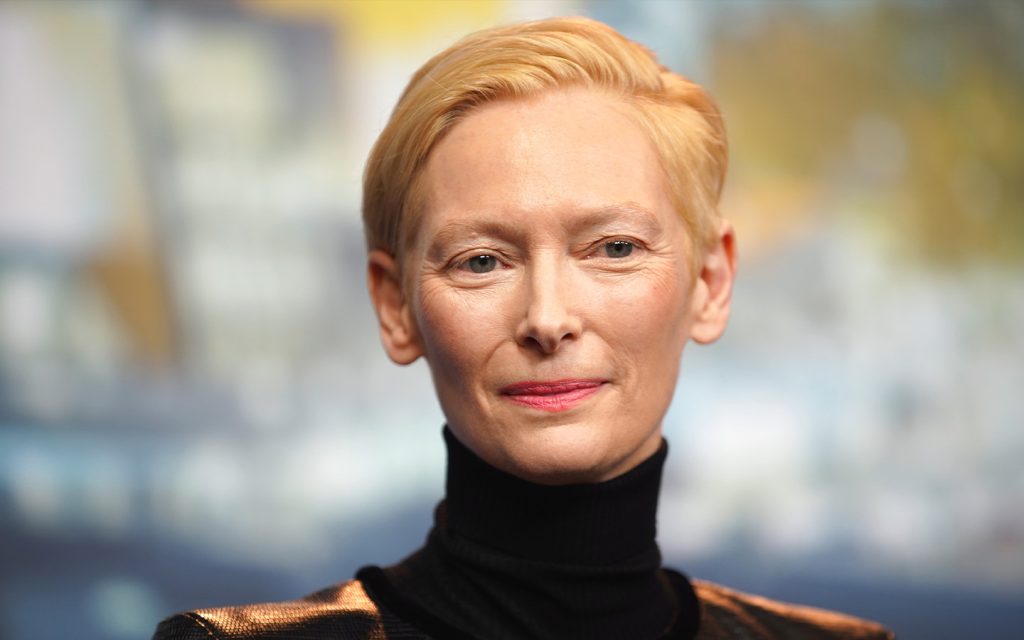
Have you had a chance to try Fernando and the other Macao-based restaurants?
Yes, I have enjoyed Fernando and Miramar several times, as well as Justindia. Great food, great people and great atmosphere.
Do you have any favourite casino films?
Martin Scorsese’s Casino. Ocean’s 11 is a great fun film by Steven Soderbergh, and I also think The Godfather Part II is, in a way, a bit of a casino film.
[See more: Government to give local filmmakers up to 1.55 million patacas]
Macao has drawn many filmmakers over the years, including Wong Kar Wai and Johnnie To. What do you think is so appealing about the city?
Macao is colourful, it has a history, it’s mysterious, it smells of adventure. When we hear it in Europe, we don’t quite know what that city would look and feel like. It feels mysterious, there is an allure to it that has a little bit of darkness, a bit of glamour – it’s an indescribable mixture. My intention is to bring the feeling of Macao to a global audience.
Are there any Asian filmmakers or actors that you would like to collaborate with in the future?
I adore Asian cinema. I’m a big fan of Johnnie To and Wong Kar-Wai’s films. Hirokazu Koreeda influenced many of my early films – I watched his work over and over again. I’m also a big fan of Hou Hsiao-hsien’s films. And so if ever I get to sit down with them and learn from them, I would be over the moon!
What projects do you have in store after you leave Macao?
First of all, I’m going to bring out my movie Conclave, which comes to movie theatres in November. I’m going to several festivals with it and presenting it to the audiences there for the first time. I am also going to be editing The Ballad of a Small Player. I have several other films in the works, let’s see which one comes to fruition – but for now, my concentration will go on editing this film and trying to make it as good as possible. Whatever comes next, let’s see!
